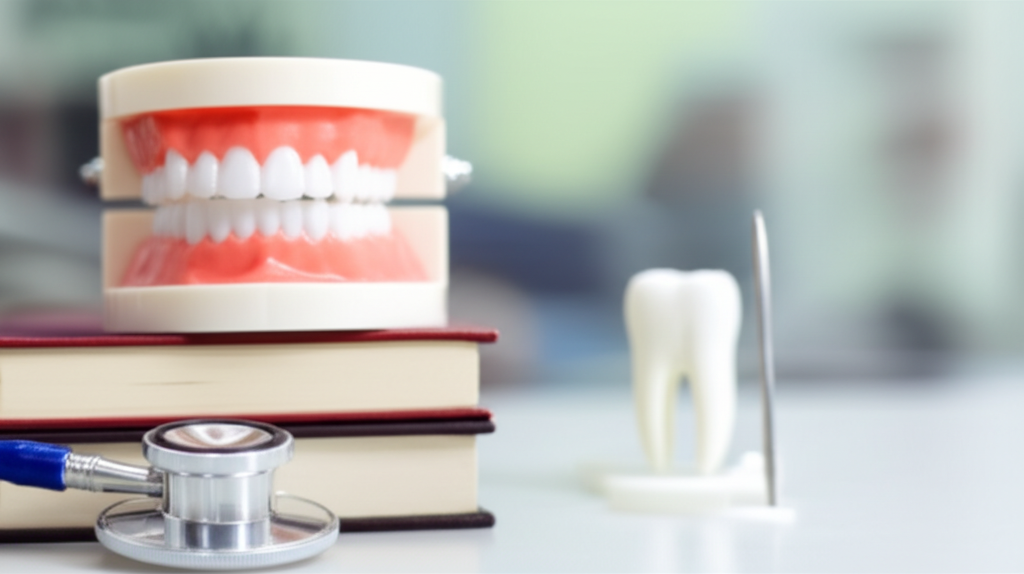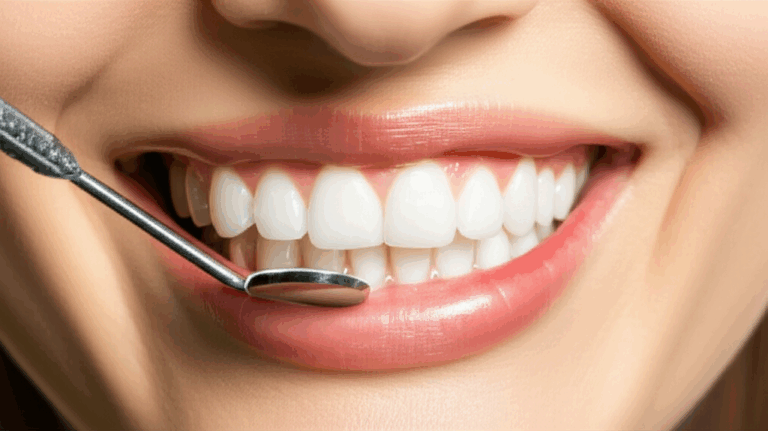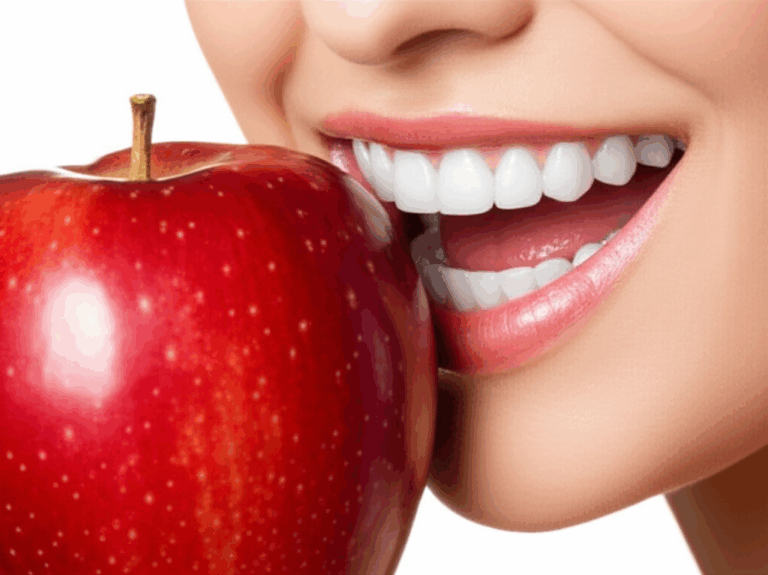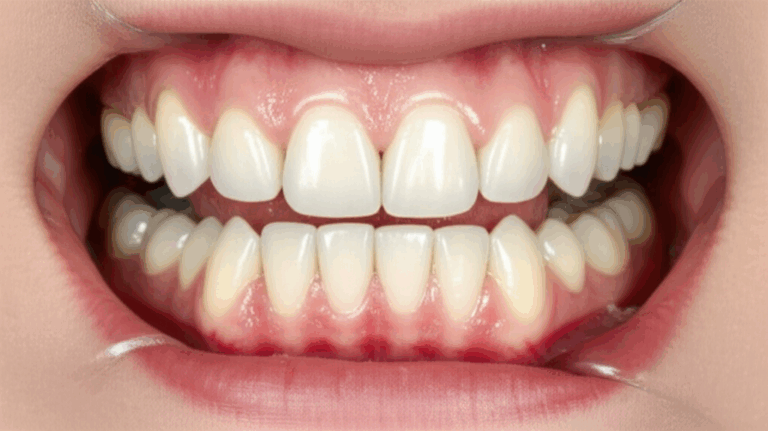
How to Become a General Dentist: Your Step-by-Step Guide to a Rewarding Career
Have you ever wondered, “How do I actually become a general dentist?” Maybe you’re thinking about helping people, showing them their new smile in the mirror. Or, maybe you’re just starting your journey and every step feels a little confusing. No matter where you are, deciding to become a dentist is a big choice. It’s normal to feel excited and nervous!
If you’re worried about things like classes you need, DAT scores, dental residency, or paying back student loans, you’re not alone. Let’s break it down step by step and show you what you need to do to get into this respected, people-focused job.
In This Article
Here’s a quick look at what we’ll cover so you can find exactly what you need:
- What Does a General Dentist Do?
- Laying the Groundwork: High School & College Essentials
- The Dental Admission Test (DAT): Cracking the Code
- Applying to Dental School: Checklist for Success
- What Happens in Dental School: DDS or DMD Explained
- Graduating and Getting Licensed: Your Launchpad
- Career Outlook, Money Talks, and Investment in Your Future
- Is Dentistry Right for You?
- Your Takeaway: Empowering Your Dental Journey
What Does a General Dentist Do?
Your Question, Answered
So, you want to be a dentist. But what is general dentistry? Is it only cleanings, or do you get to fix cavities, put in crowns, and lead a team? You may be surprised at how much general dentists really do.
General dentists are really key for people’s oral health. They do a lot more than just clean teeth. They find problems, fill cavities, fix broken teeth, help with pain, teach patients how to care for teeth, and do all sorts of things, from fluoride treatments to root canals. A general dentist is a bit like a coach, a detective, and an artist—all in one.
A regular day? You might see kids, adults, older people, fix chipped teeth, talk about making a smile look better, or work with dental specialists if something is tricky. You’ll use science and people skills, sometimes even both at once.
Why pick this job? General dentistry offers good job security, good pay, lots of variety, and chances to build long-term connections with patients. Plus, you can really help people in your community.
Laying the Groundwork: High School & College Essentials
Building Your Foundation and Exploring Your Why
Do you have to be a science genius from the start? Nope! Here’s how to get set up for success, whether you’re in high school or college.
High School: Building Good Habits Early
Start with solid school habits. Focus on:
- Science and math classes: Biology, Chemistry, Physics, and math prepare you for dental school. These are the basics of dental science!
- Useful activities: Volunteering, especially in health, shows you care. Maybe shadow your dentist, help at a hospital, or join a science club.
- Communication and leadership: Dentistry isn’t just about skills with your hands. It’s about people. Join sports, debate, or lead a club—these help you later.
If possible, find a mentor. A real dentist or a pre-dental advisor can teach you things you won’t find in books.
College: Prerequisites and Experience
What do dental schools want? Not just top grades, but people who can handle tough classes, talk well with patients, and show leadership.
- Pick a major you like. Most choose biology, chemistry, or something science-y. But honestly, any major is fine, as long as you take the required science classes—like biochemistry, organic chemistry, physics, and math.
- Grades matter. Try for a 3.5 or higher; science GPA should be at least that good or a little more.
- Shadowing and helping: Spend some time watching or helping a dentist. Aim for at least 100 hours, or work as a dental assistant.
- Research or helping others: Work in a lab, join a pre-dental club, or volunteer in your town. Dental schools like to see you’re involved outside the classroom.
- Good reference letters: Ask early—get them from science teachers or dentists who know you.
Is all of this a lot? Yes. But remember: you don’t have to do everything at once. Every experience makes you better and stronger. Even if you take a small break or go off the usual path, you’re still going forward.
The Dental Admission Test (DAT): Cracking the Code
What Is the DAT and Why Does It Matter?
The DAT is a major test—all U.S. dental school hopefuls have to take it. Schools look at your scores alongside your grades, so it’s really important.
What’s on the DAT? Four main parts:
- Science: Biology and Chemistry
- Perceptual Ability: Visual puzzles and 3D thinking
- Reading: Science stories and questions
- Math: Basic math problems
Scores go from 1-30. Most accepted students get about 20-21.
How to Get Ready
- Start early. Give yourself 3-6 months at least.
- Use the best tools: Official ADA study books, online prep courses, and practice tests are helpful.
- Study with friends: Teaching others helps you remember more, and you can learn tips from your group.
- Work on your weak spots: Not good at organic chemistry? Spend more time there.
- Take practice tests: Do mock exams. The more you practice, the less nervous you’ll feel.
Tip: A high DAT score is great, but doesn’t promise a spot in school. Still, it helps a lot. Stay organized and ask for help if you need it.
Applying to Dental School: Checklist for Success
How Does the Application Process Work?
The basics:
- Use AADSAS (Associated American Dental Schools Application Service), an online place to send applications and transcripts to almost all U.S. dental schools.
- Most schools start taking applications in June for the following fall. The sooner you apply, the better.
What Makes a Great Application?
1. Write a Great Personal Statement.
This is your chance to say why you want dentistry. Tell your real story, share important moments, and be honest. Being yourself is best.
2. References.
Ask professors in science or dentists who know you. Make it simple for them—give them your resume and your goals.
3. Activities and Experience.
Write down your shadowing, research, volunteering, and jobs. Say what you learned and how you changed.
4. Pick Your Schools Carefully.
Think about location, cost, style of teaching, and if you’ll fit in. Each school has something different.
5. Do Well in the Interview.
Most schools ask top students for a chat, in-person or online. They’ll ask about your motivation, what you would do in tough situations, and why you want to be a dentist. Practice, but don’t be fake. They care a lot about your people skills.
Bonus: If you don’t make it the first time, don’t worry—a year gaining more experience or taking extra classes can help you do better next time.
What Happens in Dental School: DDS or DMD Explained
DDS vs DMD: Any Difference?
No real difference! DDS means Doctor of Dental Surgery. DMD means Doctor of Medicine in Dentistry. Both mean you’re a full dentist once you finish and pass the tests.
Four (Very Full) Years: What to Expect
Here’s what you’ll do in dental school:
Years 1-2: Basics
- Classroom time: Anatomy, body science, drugs, tissues, dental stuff, x-rays.
- Practice: First you work with fake teeth and mannequins in labs (yes, drilling on plastic teeth). Good hand skills are important!
Years 3-4: Real-Life Learning
- Taking care of patients: With your teachers watching, you’ll treat real people with real teeth problems—from checkups and fillings to root canals and crowns. You’ll try out different specialties like surgery, kids’ teeth, or gum care.
- Working with others: You’ll work with dental helpers, assistants, and sometimes dental ceramics lab staff—like people who make crowns and bridges.
Tip: These years will be tough, but super rewarding. You’ll really see the difference you make in people’s lives.
Board Exams and Licensure
Before you can start work, you’ll need to pass the big final tests: either the NBDE or the newer INBDE. These test your book learning and your hands-on thinking.
Graduating and Getting Licensed: Your Launchpad
It’s Different Everywhere
To work as a dentist, you need a license in your state. Usually, you must:
- Pass your NBDE/INBDE
- Take a hands-on test (often a group like WREB, ADEX, or CDCA—check your state)
- Pass a law test
- Background and ethics checks
Residency: Do You Need It?
Most don’t need one. But about 30-40% of grads join a 1-2 year program:
- GPR (General Practice Residency)
- AEGD (Advanced Education in General Dentistry)
These give you more real-world practice, boost your confidence, and let you handle harder cases—sometimes with college tech like a digital dental lab.
First Jobs for New Dentists
- Work as an assistant dentist: Learn from a more senior dentist.
- Group practices/supported offices: Big teams, more system, maybe newer tech.
- Public health and community jobs: Help people who need care, often with help paying off loans.
- Military dentistry: Good benefits and unique experiences.
- Running your own office: More freedom, but also more job duties.
Try different jobs to see what you like best.
Career Outlook, Money Talks, and Investment in Your Future
You put in a lot—years of study, big costs, and long hours. But what’s the outcome?
Dentists Are Needed
The U.S. Bureau of Labor Statistics says dentists’ jobs will grow by 6% over the next decade. Older people, better dental awareness, and new smile treatments keep the need high.
What Do Dentists Earn?
- Average general dentist pay: About $163,000 each year
- Top dentists make more than $230,000
- Dentists who own their dental office or have more experience often earn more
Of course, where you live, your type of job, and how hard you work will change your pay.
What Does It Cost?
- Dental school tuition: Public, in-state: $40,000-$65,000/year; private: $65,000-$100,000+
- Average student loan debt: $300,000-$400,000
How Can You Pay for It?
- Look for scholarships: Some are just for dental students.
- Federal loans: Often cheaper and easier to manage.
- Private loans: Use if you have to.
- Loan repayment plans: Some states or agencies help pay loans if you work with people who really need care.
It’s a lot to think about. But with careful planning and support, most dentists find it’s worth it. To learn more about costs for some dental work, check out implant cost.
Is Dentistry Right for You?
Is This For You? Let’s Be Honest
Let’s be real—dentistry isn’t for everyone. Does this feel like you?
You’re a good fit if you:
- Like science and problem solving, but also enjoy using your hands and being creative
- Have steady hands and pay attention to small stuff
- Can talk to people and listen with kindness
- Want to build real, lasting connections with people
- Can learn new tech and want to keep learning
- Are okay with running a business (if you want your own office)
- Want work-life balance, even knowing some weeks are busier
Maybe not for you if you:
- Don’t like close-up or careful work
- Don’t want to work with people
- Don’t care for more school or more tests after graduation
Still unsure? That’s okay! Try shadowing a dentist, help out as a dental assistant, or talk to dentists about their jobs to see if it feels right for you.
Your Takeaway: Empowering Your Dental Journey
Whether you’re just learning about this path or thinking of applying, remember these things:
Key Points to Keep in Mind
- Dentistry is more than fixing teeth—it’s about building relationships, using creativity, and helping people.
- It takes a while: 8–10 years of studying and practice, plus a license and (maybe) more training.
- You’ll use both science skills and people skills.
- Good grades, DAT scores, shadowing, and real-life experience make you stand out to dental schools.
- Dental school is tough, but changes you—for the better.
- Your state has its own rules for your license, and learning never stops.
- It’s a steady field, pays well, and lets you build work-life balance.
- It’s a big investment, but for the right person, the rewards—money and feelings—are big too.
Your Next Steps
- Start early: Take tough classes, find mentors, and see what real dentistry is like.
- Get experience: Volunteer, shadow, and practice hands-on.
- Look into schools and jobs: Everyone’s path is different.
- Take care of yourself: Good dentists care about others and themselves.
- Ask for advice: You don’t have to do this alone.
Ready to Get Started?
Think about why you want to be a dentist, then take a step. Every journey, even becoming a trusted dentist, starts with just saying yes.
If you want to see how dental professionals use the latest devices and materials, learn more about how a china dental lab supports treatments.
—
Still have questions about becoming a dentist or about new dental tools? Check out our other articles or talk to a dentist near you.
Remember: A friendly, caring dentist can change someone’s life—and maybe that will be you.








